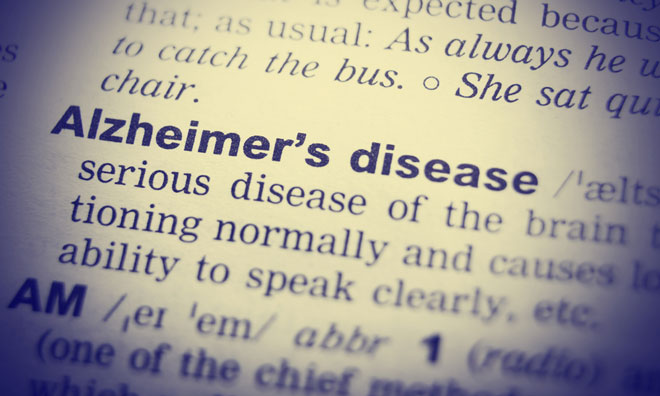17th-century style science in the 21st century? The case of the Alzheimer’s disease vaccine
Posted: 3 October 2017 | Dante J Marciani | No comments yet
Dante J Marciani, President and CSO of Qantu Therapeutics, reviews the current evidence and controversy in the hunt for a vaccine against Alzheimer’s disease and considers the future.


In the year 1633, the Roman Catholic Inquisition decided after investigating the facts that the Heliocentric Theory was absurd and declared its champion the Italian polymath Galileo Galilei, considered by many the Father of Modern Science, a heretic.1 Actually, his theory was correct – what was wrong were the geocentrists’ arguments, based on faith and flawed science. Hence, his work was placed in the ‘List of Prohibited Books’ or the ‘Index’, curtailing the progress of science. Indeed, the Galileo’s affair is a historical lesson that warns scientists against accepting or rejecting facts without scrutinising their validity – a piece of advice that has helped to advance science and prevent the perpetuation of errors.
In scientific areas dealing with living organisms, because of their complexity there should be a constant review of studies’ assumptions and results. Consequently, areas like drug development have benefited by learning from prior errors, identifying their reasons and ways to resolve them. This requirement is more critical in new areas, lacking significant depositories of past information to tap. But, a rational approach to drug development does not mean focusing solely on one strategy while ignoring other alternatives. A process that benefits from the knowledge of different areas, such as drug development, is largely the result of a multidisciplinary scientific approach, rather than a monolithic one.
The rest of this content is restricted - login or subscribe free to access
Thank you for visiting our website. To access this content in full you'll need to login. It's completely free to subscribe, and in less than a minute you can continue reading. If you've already subscribed, great - just login.
Why subscribe? Join our growing community of thousands of industry professionals and gain access to:
- bi-monthly issues in print and/or digital format
- case studies, whitepapers, webinars and industry-leading content
- breaking news and features
- our extensive online archive of thousands of articles and years of past issues
- ...And it's all free!
Click here to Subscribe today Login here
Related topics
Drug Delivery Systems, Drug Development, Drug Discovery, Vaccines








